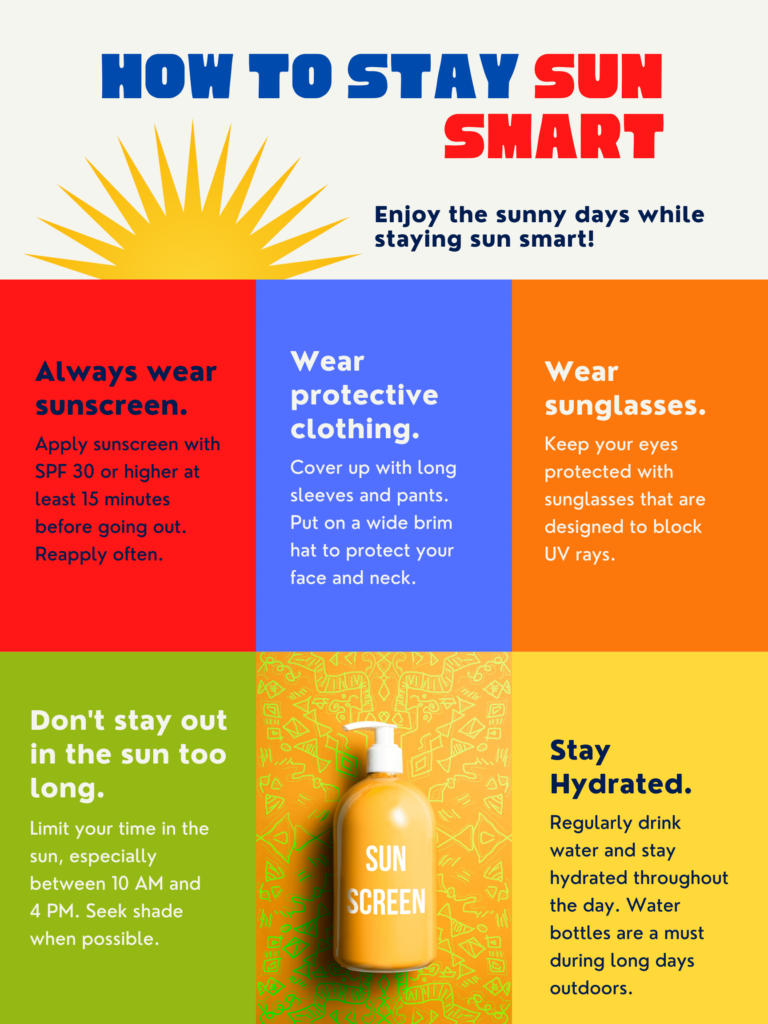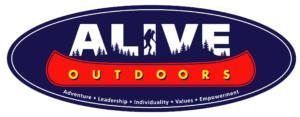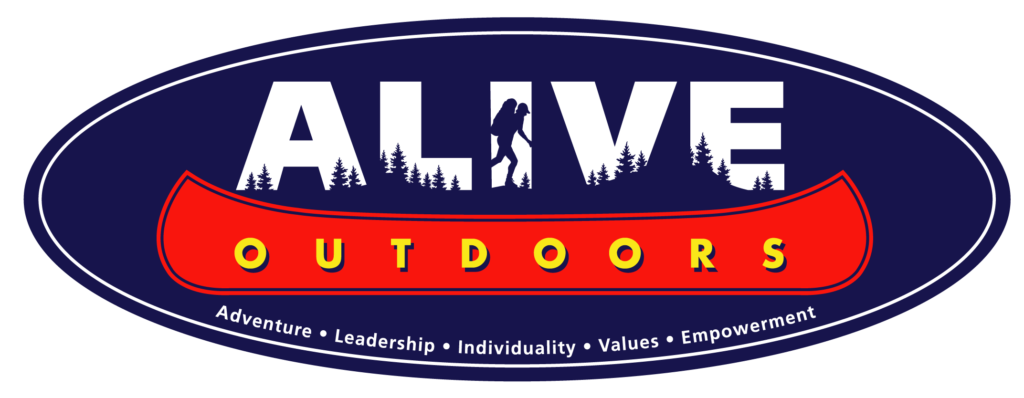Health and Safety
We have listed specific information about key areas of health and safety we feel students, teachers, parents and guardians should consider prior to the start of any ALIVE program. For more information about our comprehensive approach to Risk Management follow the link below or contact us to speak with one of our Directors.
Health and Safety
We have listed specific information about key areas of health and safety we feel students, teachers, parents and guardians should consider prior to the start of any ALIVE program. For more information about our comprehensive approach to Risk Management follow the link below or contact us to speak with one of our Directors.
Health and Safety
We have listed specific information about key areas of health and safety we feel students, teachers, parents and guardians should consider prior to the start of any ALIVE program. For more information about our comprehensive approach to Risk Management follow the link below or contact us to speak with one of our Directors.
UNDERSTANDING RISK & RISK MANAGEMENT AT ALIVE
At ALIVE Outdoors we take great pride in knowing that our years of experience and industry-leading risk management practices are one of the reasons schools and clients around the world continue to build upon our programs and explore new program offerings with us each year. Our approach and expertise in managing risk has evolved since our first programs over 25 years ago. We now have a dedicated team of risk consultants working with schools, school boards, government agencies, and private businesses to provide a range of Enterprise Risk Management services across many industry sectors. We are fortunate to be in a position to leverage the risk management skills and knowledge gained through our consulting work back into our own programs where we believe we can offer an unmatched risk management environment for your students and staff.
EXPLORE THE ALIVE 2025 PROGRAM GUIDE
In addition to our Risk Management planning and Health and Safety documentation, the ALIVE Outdoors Program Guide has been created to complement and further highlight our educational philosophy, risk mitigation practices, and the desired learning outcomes of our programs. We invite you to explore our Program Guide to take a visual tour of our program environment, including photos of our program elements, learning outcomes, and key risk management practices for each program area.
The Program Guide is intended to give parents, students, participants and administrators a clearer understanding of our programs, visually communicating the programming that participants engage in, and identifies some of the potential risks and what we do to mitigate them. We strongly believe that informing those parties involved with the ALIVE community helps everyone make better-informed decisions about participation and be better prepared to participate in an ALIVE experience.
PERSONAL ELECTRONIC DEVICES
At ALIVE, we have a strict no-device policy for many reasons, but at its core, we want our students to be present. Our goal is for students to unplug, connect with nature, engage face-to-face with their peers, and be present with themselves. During our programs, screens block valuable experiences. When students are immersed in their devices, listening to music, playing games, or texting, it distracts from building community and forming deep, meaningful friendships.
While our programs may seem focused on outdoor activities or global travel, their true purpose is to build character. We aim to foster independence, authenticity, confidence, and mindfulness, helping young people lead grounded, intentional lives. We can’t help students discover more about themselves and the world if they’re constantly distracted by a reality that is not right in front of them.
Safety and risk management concerns also form reasons behind our no-device policy. For example, removing the ability for students to communicate with each other eliminates negative online experiences and keeps lines of communication strictly with Teachers and ALIVE representatives present on the program.
While students may not feel this way at the start, many reflect that they appreciated being from the pressures of their phones by the end of our programs.
ALLERGIES & DIETARY CONCERNS
Allergies and Medications
All our facilities are Nut-Aware and we work diligently to reduce the potential exposure that students have to common allergens (such as nuts). Knowing about allergies and medications as far in advance as possible allows us to help accommodate and reduce potential exposure. Specifically stating allergies and medications on the medical form and following up with the ALIVE office, if necessary, are important steps to staying healthy at camp. Instructors are trained in first aid which includes detecting the signs and symptoms of allergic reactions and anaphylaxis. They are competent in the use of Epi-pens and are aware of students with documented allergies and medical conditions while on program. Students with documented anaphylaxis or asthma must carry their Epi-Pen and/ or asthmatic inhaler (puffer) at all times.
Food, Dietary Restrictions and Allergies
Meal times at camp are memorable for many reasons. Gathering in community to share exciting moments from the day’s activities over healthy and varied meal options are essential to an ALIVE residential program experience. ALIVE maintains strong relationships with the cooks and kitchen staff at our partner sites to actively encourage that they meet the dietary requirements of our students through comprehensive menu planning and food preparation. All our programs are structured around shared breakfast, lunch, dinner and evening snack. Menus are planned so that fresh fruits, vegetables and varied nutritional options are available. We believe in eating good food and sharing that value with all our students. Parents of students with severe allergies should contact the ALIVE office to be connected with the host site’s Head of Food Services to discuss individual dietary requirements for their child’s specific program.
BED BUG & TICK AWARENESS
Bed Bugs are a rising problem in the developed world. It is a common belief that bed bugs are found where people sleep; however, to date bed bugs have a much broader social impact. The source of bed bugs is unknown due to the multitude of places in which they can exist. For example: shops, hotels, hospitals, movie theatres and public transit systems such as planes and trains. Needless to say, you no longer need to sleep in an infested bed to experience the nuisance bed bugs can cause. Unfortunately, camps and outdoor centers are not immune to this problem.
At ALIVE Outdoors we care deeply about the quality of our programs. With this in mind, we are providing you with this information to educate you – not alarm you. Your student can pick-up bed bugs anywhere, at school, on the bus, in a cabin, etc.
To best protect your family upon your child’s return, we recommend following these precautionary steps:
- Upon your child’s arrival home, take their bags directly to your washing machine. If you do not plan to do laundry right away please keep the bag sealed or in an outdoor location.
- Wash clothes and bedding in the hottest water possible. After the wash is complete, transfer the laundry immediately into the dryer for at least 30 minutes. Ensure your dryer is set on high heat.
- In the case of delicate items that cannot be laundered, it is recommended that you place the items loosely in a tightly sealed bag. The bag should then be placed into the freezer for a minimum of 24 hours.
- As bed bugs can also travel with your luggage, place your luggage in a black trash bag and leave it tied tightly for 4 days. If possible, place bagged luggage in the sun. Steam cleaning your luggage will also be sufficient. Remember to follow this precautionary step with your child’s toiletry bags as well.
This link to the Health Canada Website offers valuable information regarding bed bugs.
Ticks and Lyme Disease
In recent years there has been increasing media attention in regards to Lyme disease-bearing ticks moving into Canada from Southern climates. Currently, there are some areas in Southern Ontario that now have established populations of a species called the Blacklegged Tick. A link to the Public Health of Ontario map showing these areas can be found below. While many species of ticks are native to Ontario this particular species is the only one to date that has been shown to carry the bacteria that can cause Lyme disease.
To date, some of the areas in which we facilitate outdoor programming are now considered areas where Black-legged Ticks and/or the Lyme Disease-causing bacteria can be found. For areas where ticks have been found, we work with students and teachers to encourage tick checks, wear long pants and socks when in wooded areas and provide general tick awareness.
For more information regarding Ticks and Lyme Disease in Ontario please visit the Government of Ontario information page.
Follow this link for the map showing estimated risk areas for Lyme Bearing Ticks
Our Director of Operations and Risk Management (Dr. Howard) was Interviewed by Interpretation Canada Regarding Ticks and Risk Communication
SUN SAFETY
Students and teachers spend significant time outdoors during their ALIVE Outdoors experience. We strongly recommend that every individual is prepared to be outdoors by following the packing list for their program. Specifically, students and faculty are required to have waterproof sunblock rated to at least SPF 30, a hat with brim, and a long sleeved shirt. In addition, we ask that you help us by sharing the importance of applying and reapplying sunblock throughout the day with your son or daughter.
Recommended Sun Protection for All ALIVE Programs
- Personal Bottle of Sunblock (waterproof is always best)
- At least one reusable water bottle
- Wide brim sun hat (baseball hat at minimum)
- Lightweight long-sleeve top
- Bandana (useful in many ways)
- Lightweight long pants

WATER SAFETY
Some ALIVE programs allow students to participate in water-based activities and supervised swimming. If your student’s program has water activities you will have been informed in our letter to parents. Our water supervision policies vary depending on the type of activity and the type of location. We work diligently to use the most current best practices, qualifications, and research to inform our swimming supervision and water-based risk management. These may differ from what you are accustomed to at summer camp or public swimming areas.
Overview of Swimming Policies for In-Camp Programs
- ALIVE Outdoors asks parents to respond to a Comfort In The Water section of our Health Information Form. This information is helpful for our instructors and water safety supervisors to understand the comfort in and around water that students and school staff may bring with them to our programs. On the questionnaire parents/guardians are given three options (1) Comfortable and Confident, (2) Weak Swimmer, & (3) Does Not & Cannot Swim. The Comfortable and Confident and Weak Swimmer designation allows students to participate in all water-based activities at camp, including swimming. Any staff or student identified as a Weak Swimmer gives our instructors and swim guards the advanced knowledge to check in with that person, and ensure that they are comfortable with the activity prior to engaging in it. Anyone designated as Does Not & Cannot Swim is allowed to participate in Canoeing activities (if they feel comfortable), but must be in an instructor or teacher boat. They are not allowed to swim during a free swim period. If a parent does not water their student to participate in water activities, it is their responsibility to inform the school.
- Should a school require a swim test be performed prior to participation in swimming or water activities, it is the school’s responsibility to administer this prior to arrival at their ALIVE Outdoors Program.
- All students, faculty and instructors are required to wear a Personal Flotation Device (PFD) while swimming, canoeing, kayaking, Stand Up Paddle Boarding or for any activity in the water.
- Swim guards are responsible to designate and communicate the boundaries of the swim area prior to students entering the water.
- While guarding, swim guards are required to be prepared to enter the water (i.e., wearing appropriate clothing, having a rescue aid available, clearly identified). One actively supervising and qualified swim guard is required for every ten swimmers in the water. Each swimming area has a minimum of one NLS certified guard present to oversee operations. Swim guards may hold one of the following certifications: Wilderness Water Safety, NLS, Bronze Cross, Whitewater or Swiftwater Rescue Technician, or equivalent.
- Swimming in the dark is strictly prohibited. Inversions or aerial tricks into the water is strictly prohibited. Special ratios and supervision requirements are established for water play structures such as water trampolines, obstacle courses, etc.
Overview of Swimming Policies for Multi-Day Canoe Trips
- On all ALIVE Outdoors canoe trips, there will be at least one instructor who holds a current Water Safety Certification and is responsible as the swimming guard. Applicable Water Rescue Certifications include: NLS, SRT/WRT, WWS. Each of these qualifications assesses an instructor’s ability to swim, perform a rescue, and deal with people in distress in and around the water. For all swimming, the swim guard will be present and must be actively supervising the swimming activities.
- Should a school require a swim test be performed prior to participation in swimming or water activities, it is the school’s responsibility to administer this prior to arrival at their ALIVE Outdoors Program.
- All students, faculty and instructors are required to wear a Personal Flotation Device (PFD) and closed-toed shoes while swimming, canoeing or for any activity in the water.
- Swim guards are responsible to designate and communicate the boundaries of the swim area prior to students entering the water.
- While guarding, swim guards are required to wear closed toed shoes and be prepared to enter the water (i.e., wearing appropriate clothing, having a PFD available, and whistle). One actively supervising and qualified swim guard is required for every five swimmers in the water. When more than five students are swimming, swim guards must be located at different vantage points to oversee the swim area. A maximum of 10 students are allowed to be in the water swimming at any one time. In addition, every canoe trip has at least one instructor who holds a Wilderness First Responder certification (72 – 80 hour first aid course specific to the wilderness context).
- Diving or cliff-jumping, and swimming in the dark is strictly prohibited.
- No swimming will occur in moving water. (This excludes trips with whitewater specific programming, and qualified whitewater instructors).
- Swim guards must adhere to the ALIVE Canoe Trip Policies.



